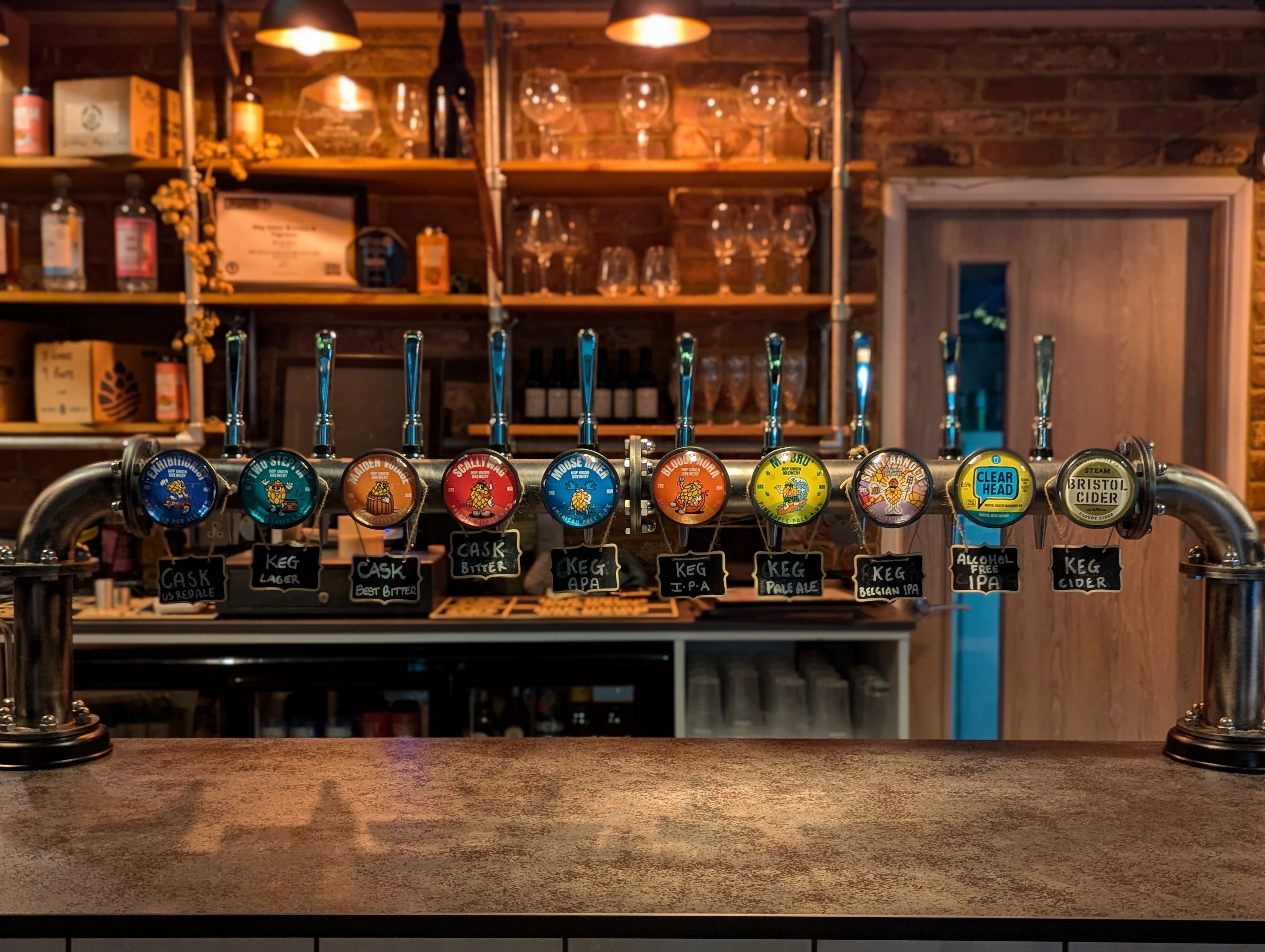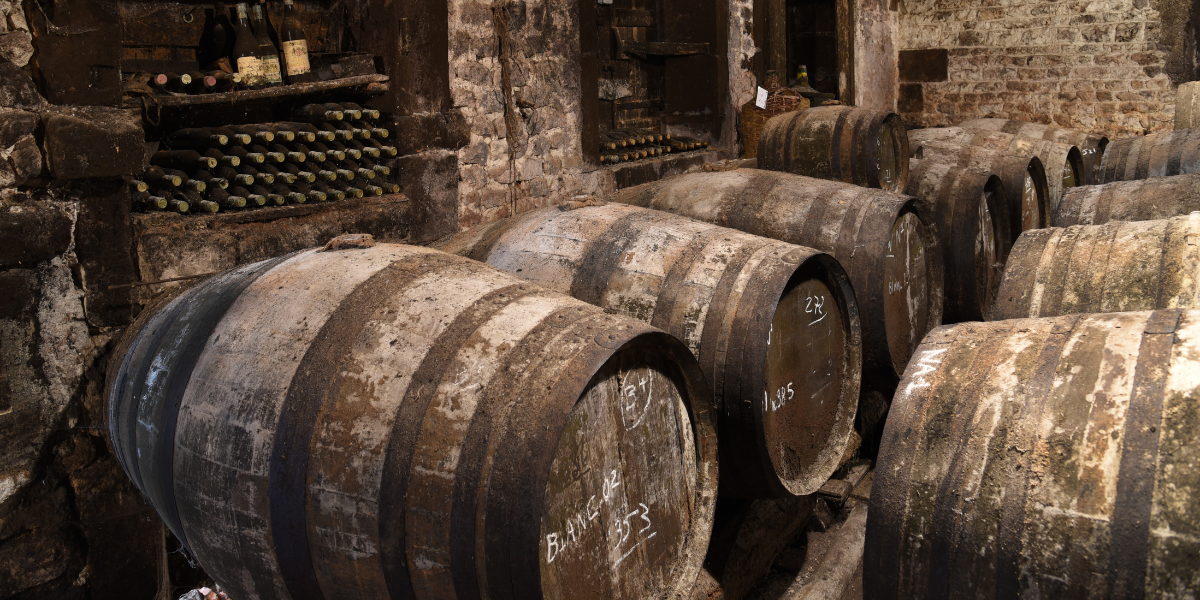Beer stands as both an engineering marvel and a marker of human cultural development. Beer emerged thousands of years ago and became a fundamental component of cultures around the world. Join us in exploring the captivating beginnings of beer through a historical journey.
🌾 Early Beginnings: The Accidental Discovery
The story of beer starts with what we would call a happy accident. With the establishment of agricultural living, people started to preserve excess grains. Stored grains mixed with water to ferment naturally over time, which resulted in a primitive form of beer. The unexpected creation provided both a safer water substitute and nutritional advantages, which led to its inclusion as a fundamental component of early human diets.
🏺 Mesopotamia: The Cradle of Brewing
The region known as Mesopotamia, which holds the title "Cradle of Civilisation" provides some of the earliest known physical proof of beer production. The Sumerians honoured beer by creating a hymn for Ninkasi who was recognised as the goddess of beer in 4,000 BCE. The hymn honoured the goddess Ninkasi while simultaneously providing a detailed recipe for brewing beer using barley bread.
The significance of beer in Mesopotamia extended beyond drinking, as it became essential to everyday living. Beer functioned as a dietary principal, a monetary substitute and held religious significance. Drinking beer together from communal vessels reinforced its importance in creating social bonds.
🏛️ Ancient Egypt: Beer as a Divine Gift
The Egyptians believed beer to be a divine offering bestowed upon them by their gods. People from every social class consumed beer, and it played a key part in their religious ceremonies. Egyptians produced beer from emmer wheat and barley, which they commonly flavoured with dates and herbs. The builders of the pyramids, alongside other workers received beer as part of their payment, which demonstrated beer's vital role in supporting workforces.
🏺 Beer in Ancient China: A Parallel Evolution
Ancient Mesopotamia and Egypt produced barley based beers, while ancient China was creating their own distinct fermented drinks. Research shows that Chinese people produced a rice based fermented beverage similar to beer using honey and fruits as early as 7,000 BCE. The independent development of beer demonstrates its global popularity through simultaneous emergence across different regions.
🛡️ The Middle Ages: Monastic Innovations
Following the Roman Empire's collapse, beer production slowed down while monasteries of medieval Europe became sanctuaries for brewing knowledge. During the Middle Ages, monasteries served as centers of brewing advancements, when monks adopted hops for both preservation and flavour enhancement. The addition of hops preserved beer longer and introduced the bitter flavour that characterises many contemporary beers. During medieval times monastic breweries emerged as hubs of innovation which combined the spiritual responsibilities of monks, with the craft of brewing beer.
⚙️ The Industrial Revolution: Brewing Goes Big
Beer production underwent crucial transformations throughout the 18th and 19th centuries. The Industrial Revolution brought mechanisation which enabled breweries to produce beer in large quantities, while maintaining uniform quality standards. The invention of tools such as thermometers and hydrometers allowed brewers to precisely manage and monitor their brewing processes. Louis Pasteur's identification of yeast's fermentation function allowed brewers to develop better methods which resulted in the wide variety of beer styles available now.
🌍 Beer Today: A Global Phenomenon
Beer has experienced substantial changes since its simple origins as it has become a worldwide popular drink. People all around the world both brew and enjoy beer which comes in many styles that reflect local preferences and cultural traditions. The craft beer movement has sparked renewed enthusiasm for traditional brewing techniques, which has resulted in the production of distinctive and tasty brews.
🍻 Conclusion: A Toast to Beer’s Rich Legacy
The progression of beer from old world grain fermentations to modern craft breweries demonstrates its lasting popularity. Beer has satisfied human thirsts while supporting civilisations and uniting people throughout history. Today when we lift our glasses we celebrate both the refreshing taste of our beverage and our connection to a deep rooted historical and cultural tradition.





